Sweet Friend,
We are lifting you up for a joy-filled weekend! Transformation starts today! Let's work to encourage one another to continue going strong as we move towards completing our goals for this month! We rise strong together!
This week in particular, we have had many clients mention experiencing more cramping in calves, hamstrings, lower legs, and dizziness. As we are challenging ourselves and striving toward our goals it is important for us to acknowledge what we are putting in our bodies to fuel them properly. In order to prevent dehydration from happening, we must find ways to incorporate electrolytes into our diet as it is SO IMPORTANT for whole body health!
Electrolytes are minerals that are essential for your body to function. They help regulate your pH levels and muscles, keep you hydrated, and more. Therefore, consuming enough electrolytes in your diet is important for your health.
Some of the common electrolytes found in the body are:
Calcium
Chloride
Magnesium
Phosphorus
Potassium
Sodium
Each of these minerals carry an electric charge when dissolved in the body, giving them their name as an electrolyte.
Energy drinks are often associated with electrolytes. However, they usually include high amounts of sugars and colored dyes that may not be beneficial for your health. Instead, consider consuming electrolytes from healthier sources when possible.
Why do you need Electrolytes?
Getting enough electrolytes is essential to maintaining a healthy body. While sustaining a healthy electrolyte level is usually attributed to eating a balanced diet, there are a number of occurrences that can disrupt these levels, such as vomiting, diarrhea, sweating, and more.
Since there are many different types of electrolytes, the daily recommended value (DRV) for each varies depending on age, gender, health status, and activity level. Here is the DRVs of key electrolytes for healthy individuals over the age of 18:
Sodium: 500 milligrams
Chloride: 750 milligrams
Potassium: 2,000 milligrams
Electrolytes play an important role in maintaining:
Healthy Water Balance
The amount of water in your body needs to be in balance with your electrolyte levels. Dehydration from diarrhea, sweating, and liver problems can upset that balance. Maintaining an adequate intake of both substances is fundamental to good health.
Muscle Heath
Electrolytes, and the electrical charges they carry, are a key part of how your muscles work. Low levels of electrolytes can cause muscle spasms, loss of reflexes, cramps, and even paralysis in extreme cases.
Heart Health
Potassium and phosphorus are especially important for healthy heart function. When potassium levels are too low, abnormal heart rhythms can occur. Extremely high potassium levels can also be dangerous, potentially stopping the heart from beating. Low phosphorus levels are associated with a risk of heart failure, and seizures.
Foods With Electrolytes
1. Spinach
Spinach is a phenomenal source of electrolytes calcium and magnesium. For adults, a single cup of cooked spinach has a daily intake value of 24% calcium and 73% magnesium. This vegetable is also a wonderful source of other micronutrients, such as vitamin A and vitamin K.
2. Pickle Juice
Drinking pickle juice has become more common, and there’s science behind the trend. Typical pickle juice is loaded with sodium and chloride, which may be why it’s famed to reduce the duration of muscle spasms after workouts. It’s important not to overconsume sodium, however, as too much of it can lead to health complications including hypertension.
3. Lentils
legumes are loaded with electrolytes. Lentils are a type of legume that is a great source of magnesium, potassium, and phosphorus as well as protein, making them a healthy addition to your diet.
4. Dried Apricots
Dried apricots are sweet and deliver good nutrients. A half cup of dried apricots has almost a quarter of the daily value of potassium for adults.
5. Sunflower Seeds
Nuts and seeds are generally a good source of magnesium. Sunflower seeds are also a good source of phosphorus, meaning you’re getting multiple electrolytes with every crunch
Other foods with electrolytes :
strawberries
watermelon
oranges
bananas
tomatoes
yogurt
fish, such as flounder
turkey
chicken
raisins
olives
Here is an incredible recipe full of Electrolytes!
Check out all the great recipes on our website here.
Want to be a part of something amazing? Consider running the Athens Half Marathon with us!
We have two excellent plans designed to help you train for the Ath-Half:
The 13.1-mile training guide includes a basic plan that includes a 13-week, training schedule to use as the race comes. Reach out to Running Director Lisa Patton here.
The Advanced Half Marathon Performance Health and Fitness Guide eBook features a 13-week running plan, workouts specific to runners, stretches for runners and a sports nutrition meal plan, and over 25 recipes to help you feel your best while preparing to run!
We are thankful to serve you in your whole body health goals. Keep showing up, and giving your best for you, for today. Get those electrolytes in, take care of your body!
Please check out our website for more blogs, inspiration, recipes, workouts, and more!
Let us know how we can help you reach your goals and dreams! Email us at transfitathens@gmail.com if you have any questions or want to schedule a one-on-one.
Blessings,
Team TransFit











